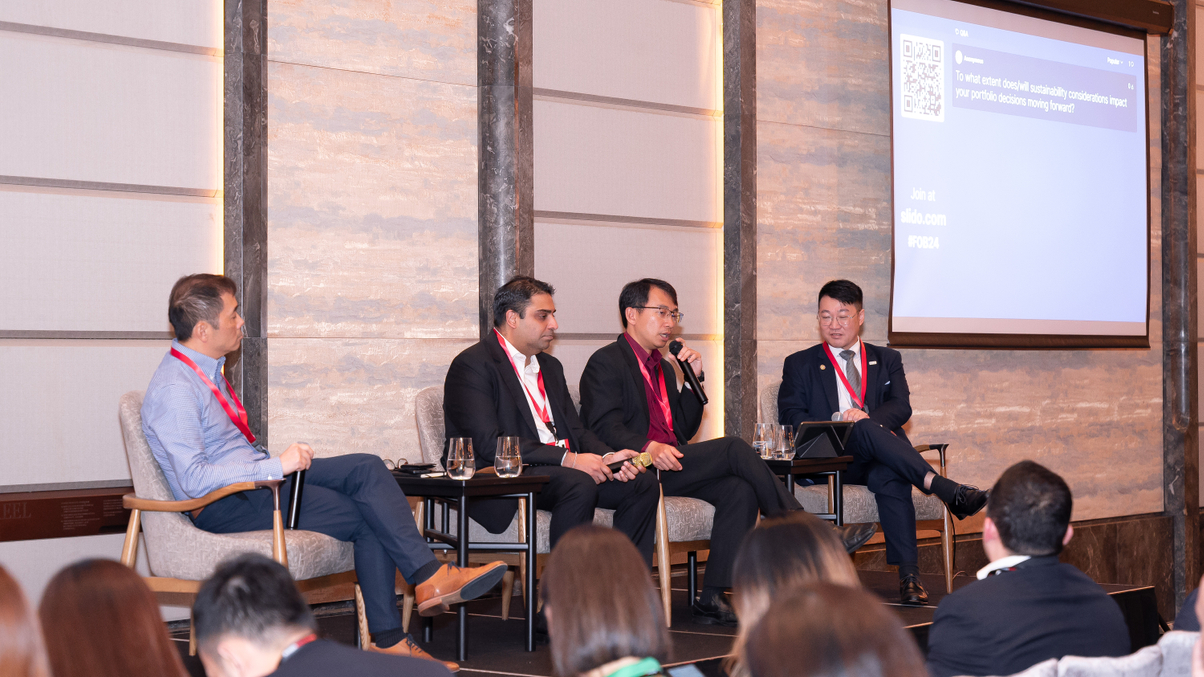Good time to be private market investors, say family offices
Current conditions make private market allocations favourable for family offices, although the right entry-point strategies are key.

Family offices are seeing demand for their capital in private markets, and with the right entry strategies these alternative investments can be attractive options, family office executives told peers at AsianInvestor’s Family Office Briefing in Hong Kong on June 18.
Sign in to read on!
Registered users get 2 free articles in 30 days.
Subscribers have full unlimited access to AsianInvestor
Not signed up? New users get 2 free articles per month, plus a 7-day unlimited free trial.
¬ Haymarket Media Limited. All rights reserved.


